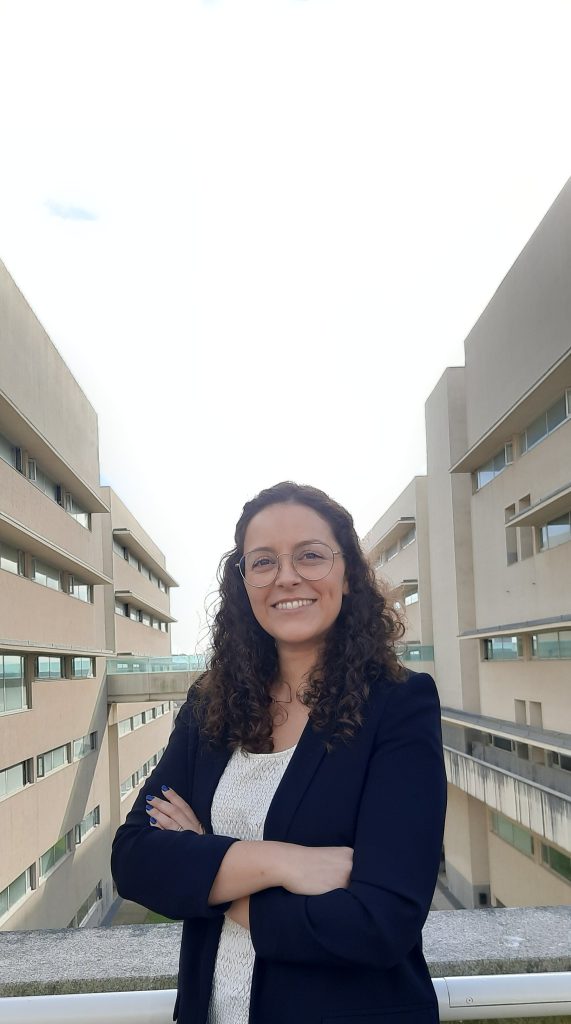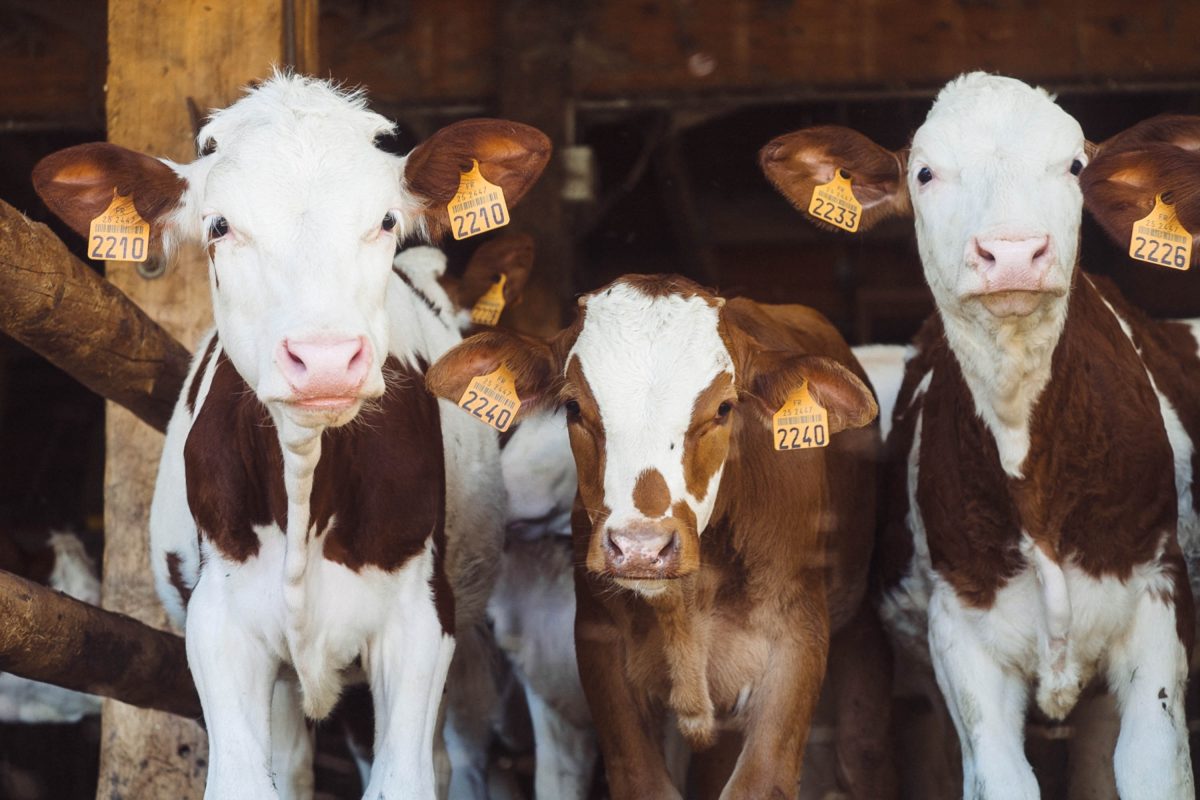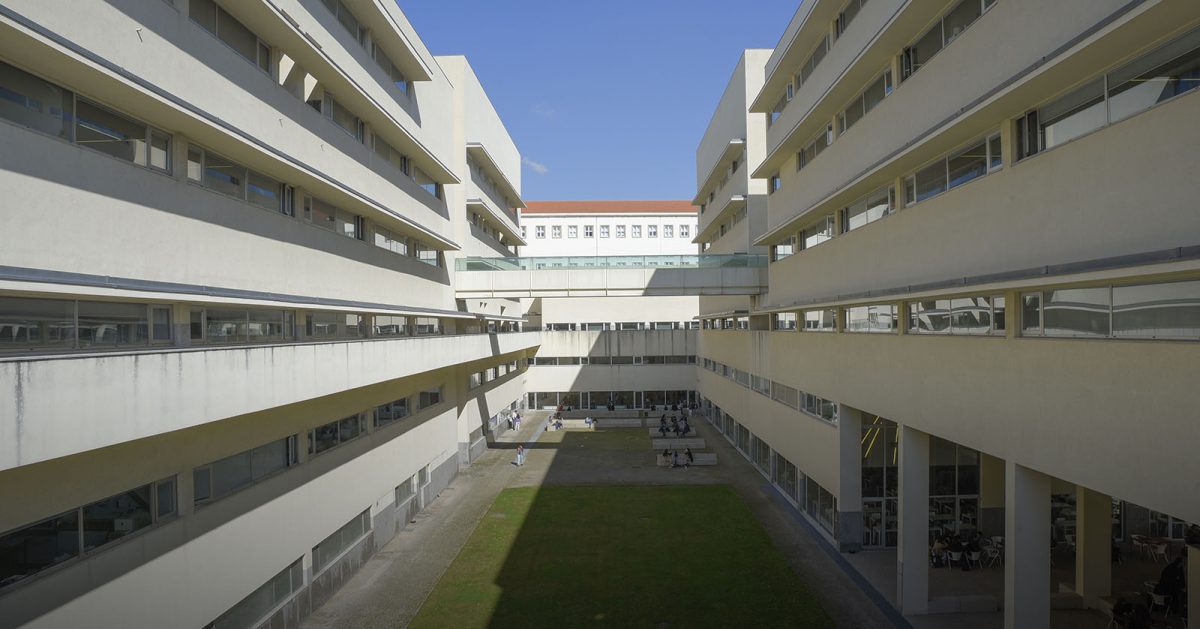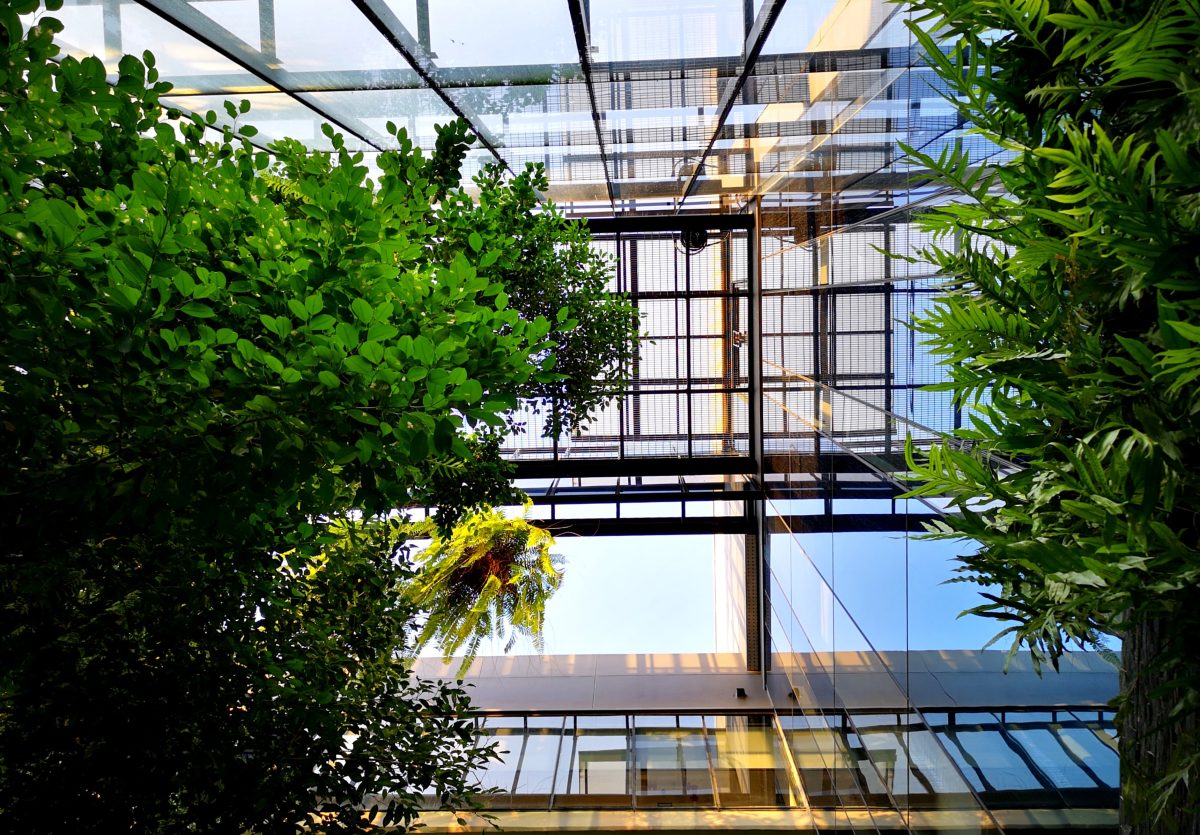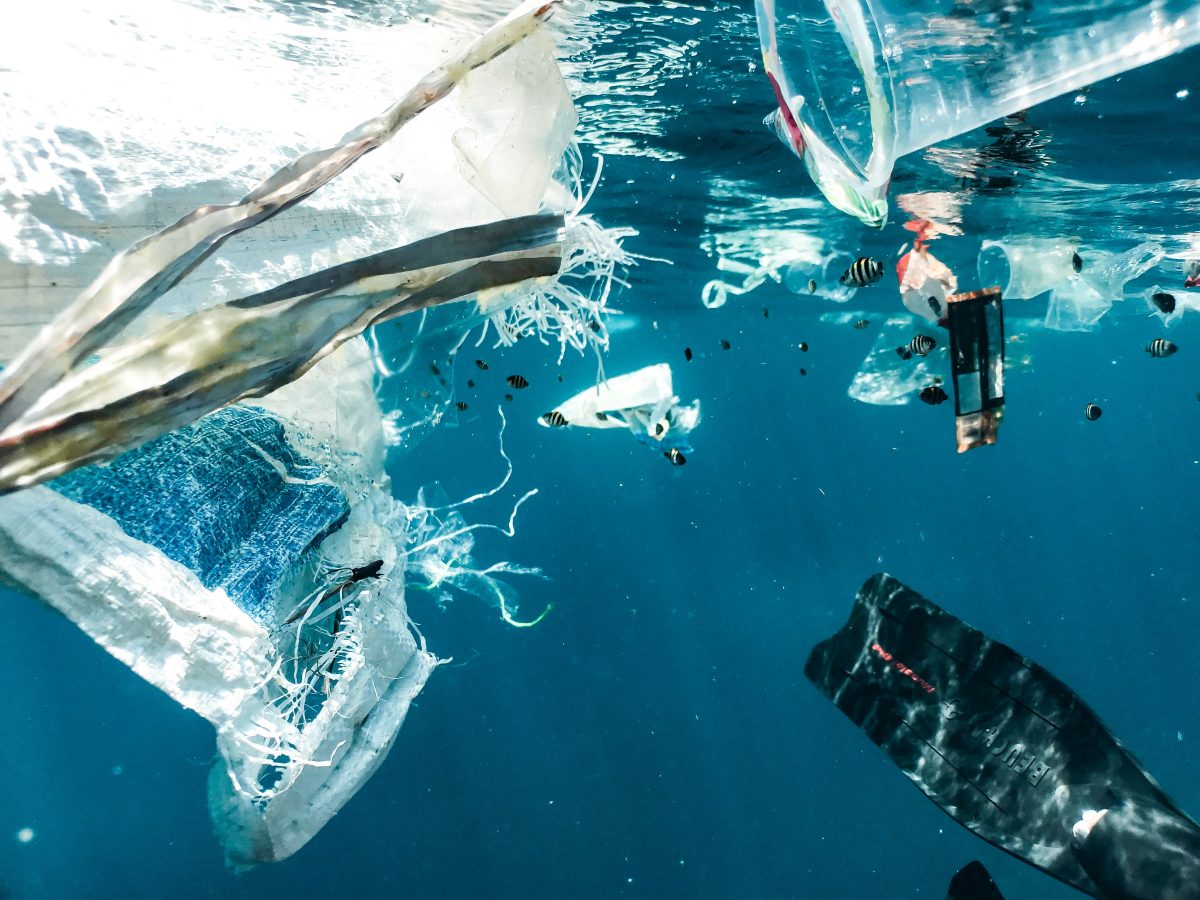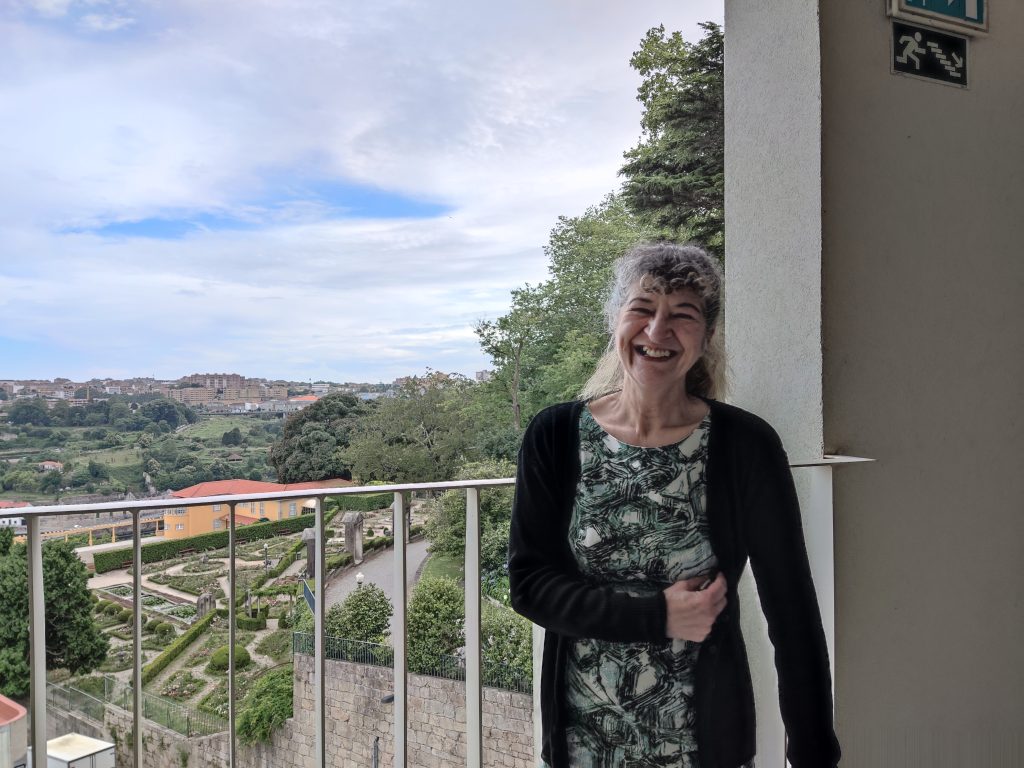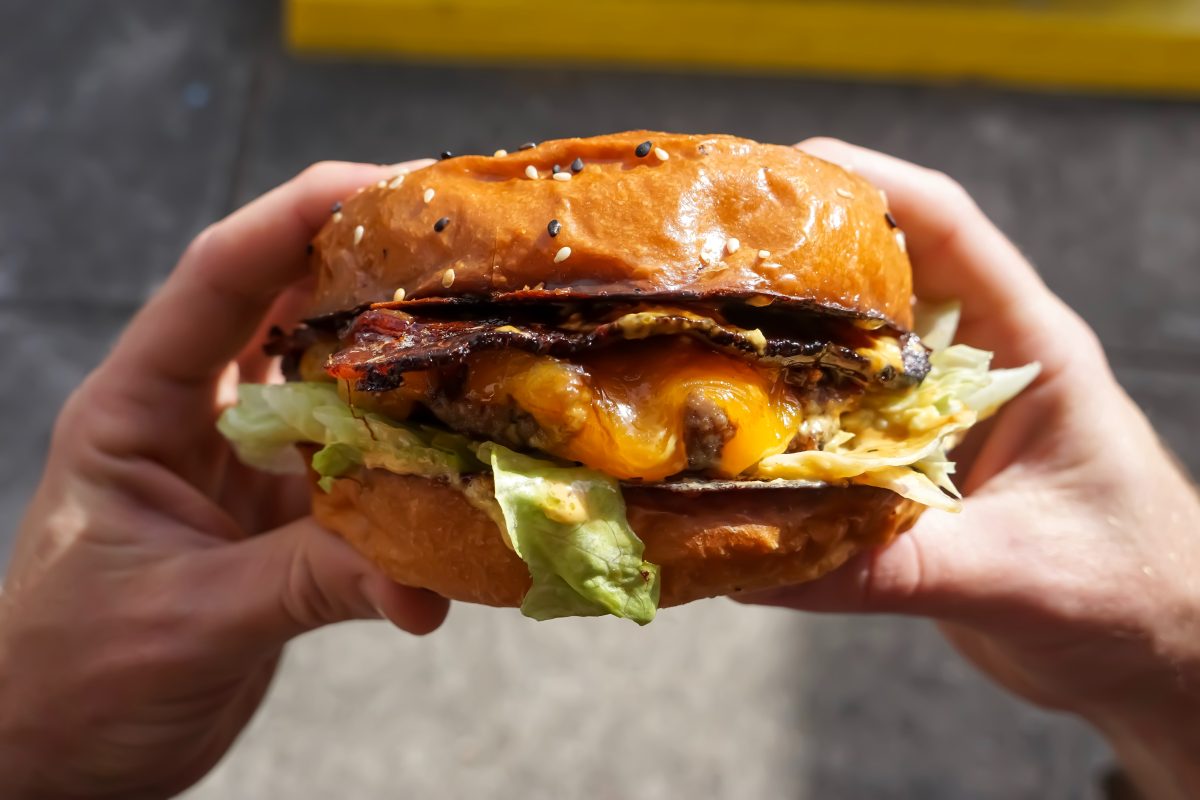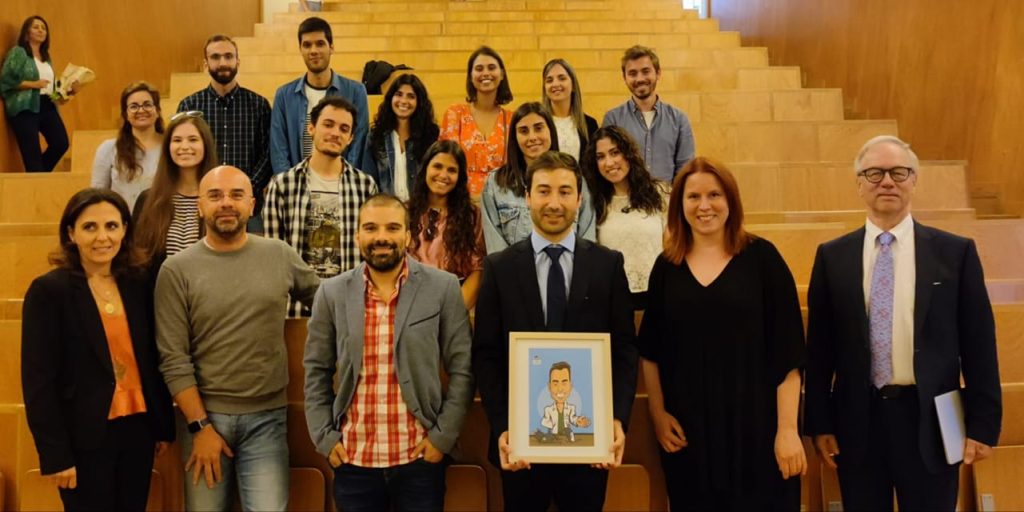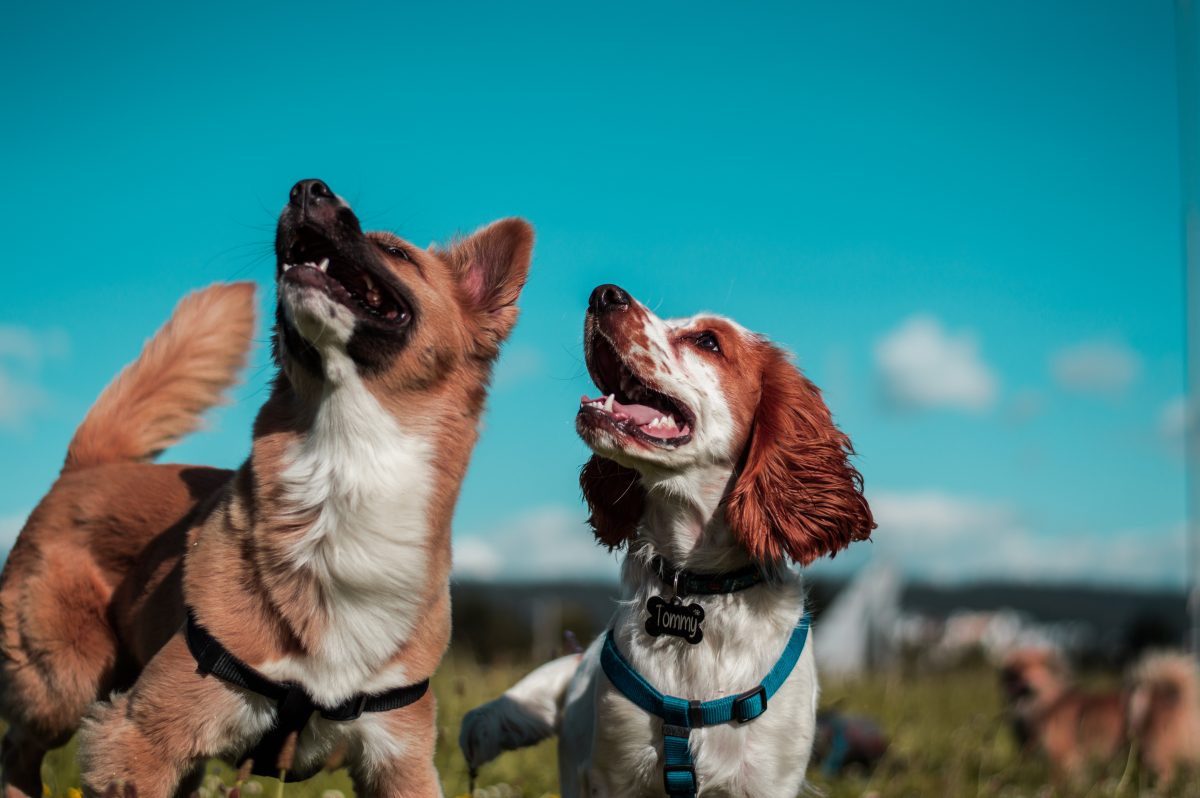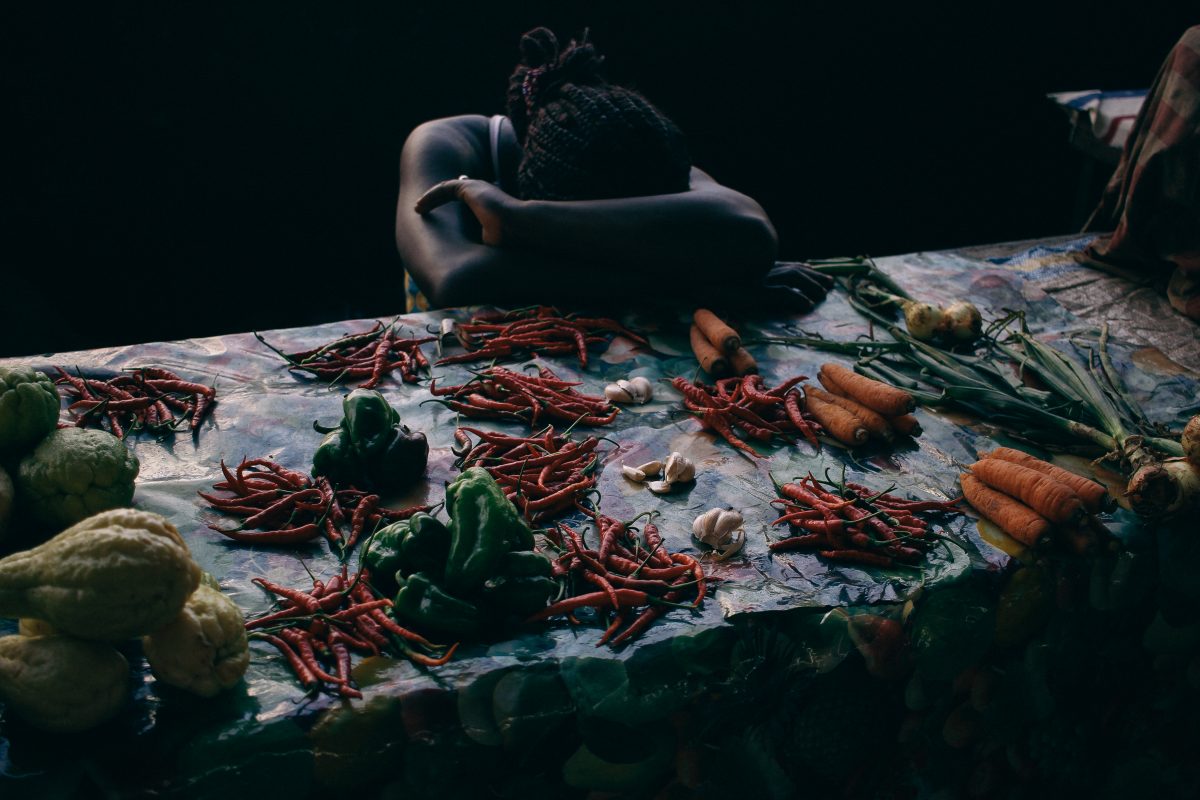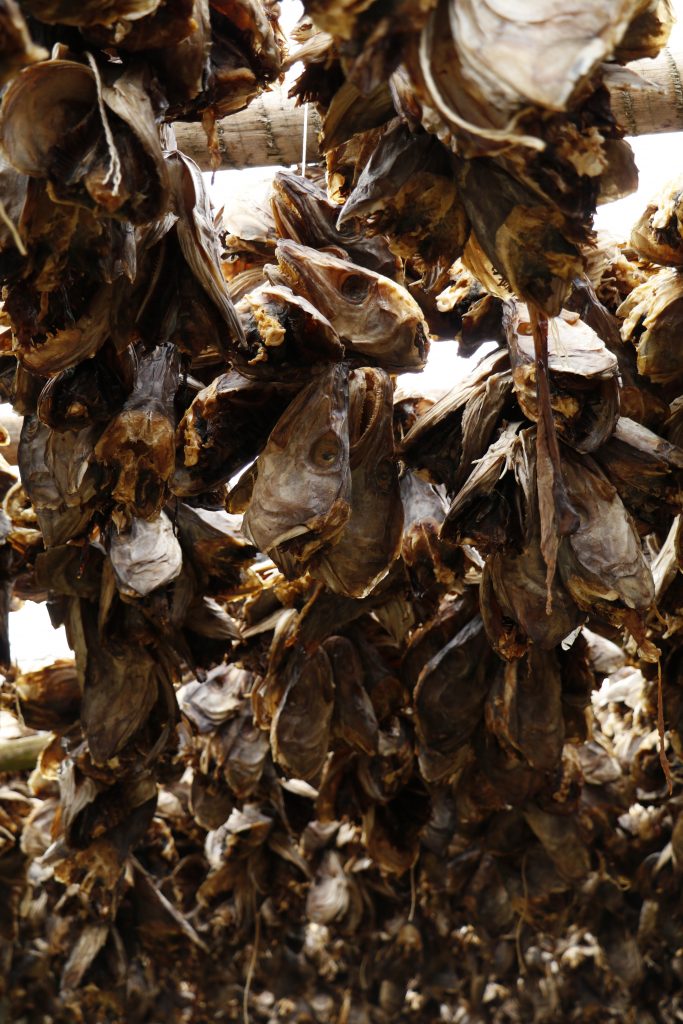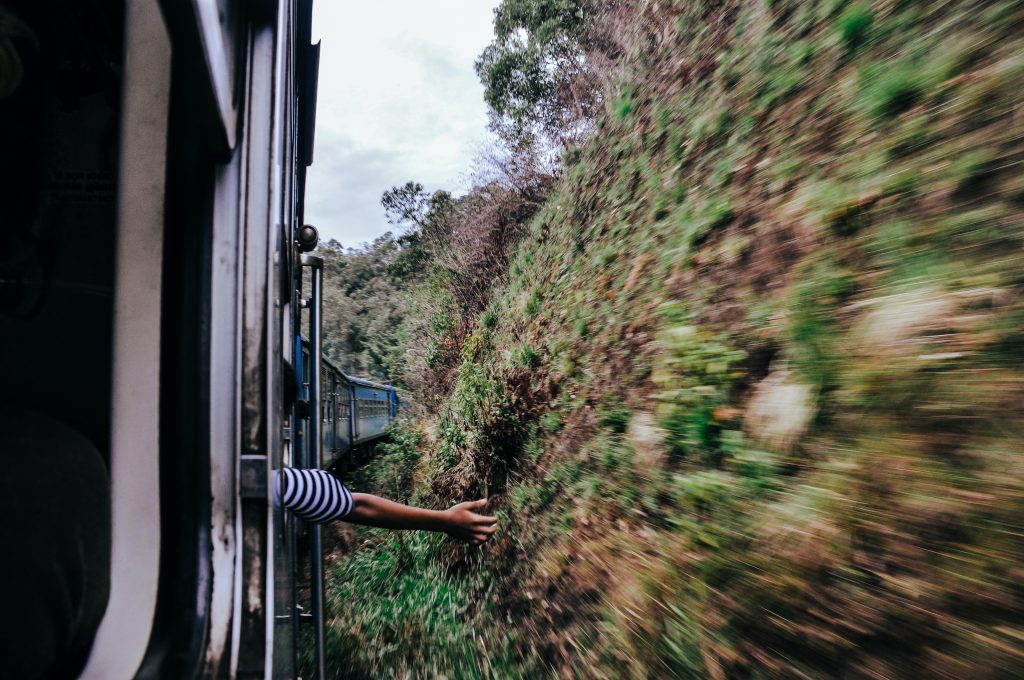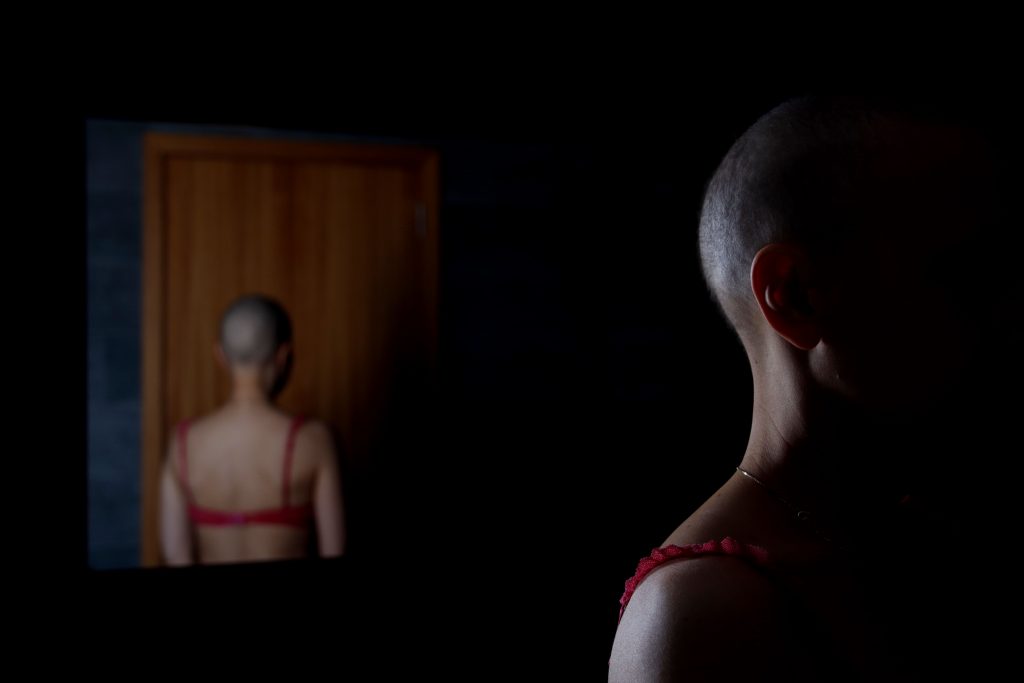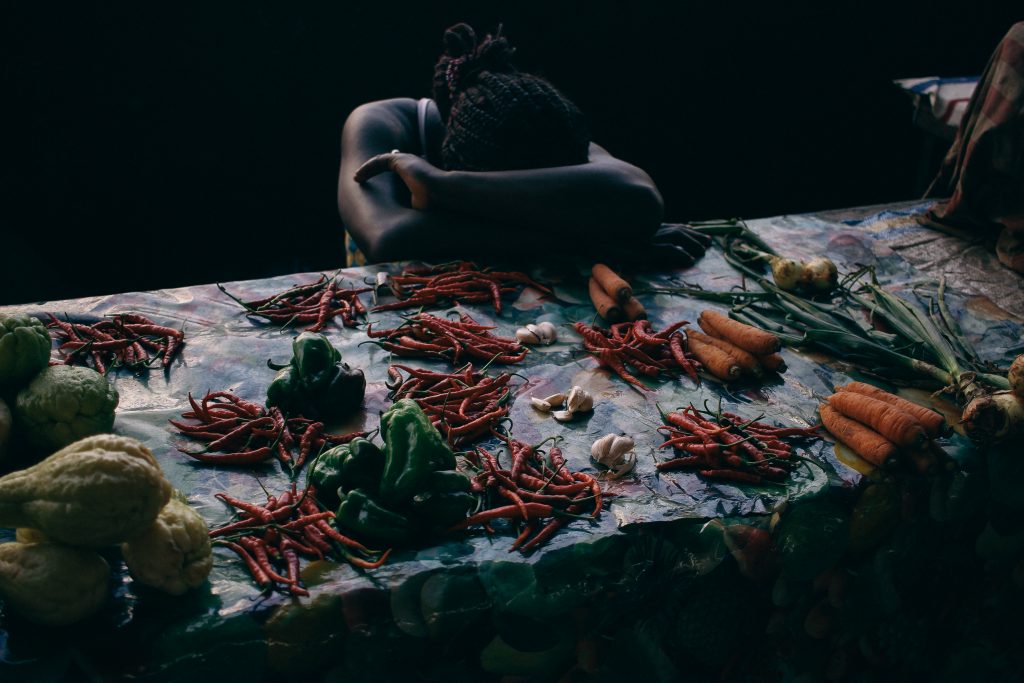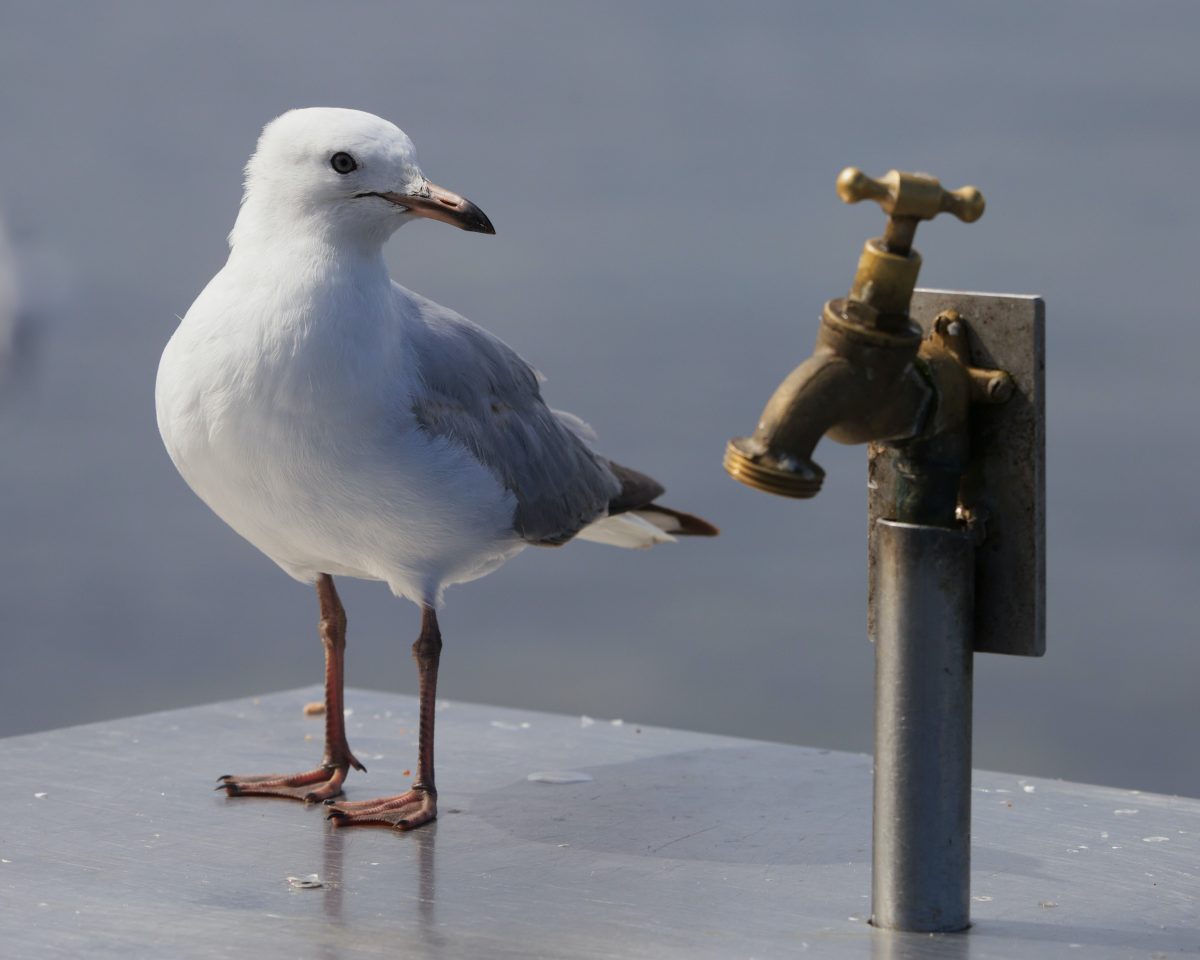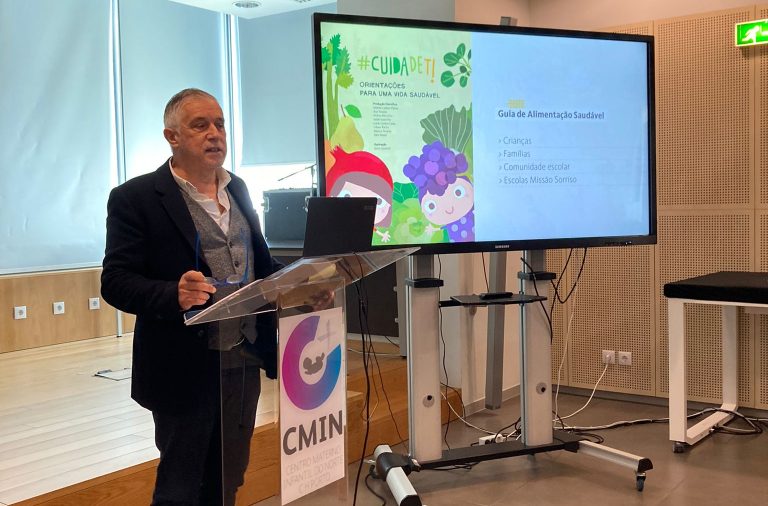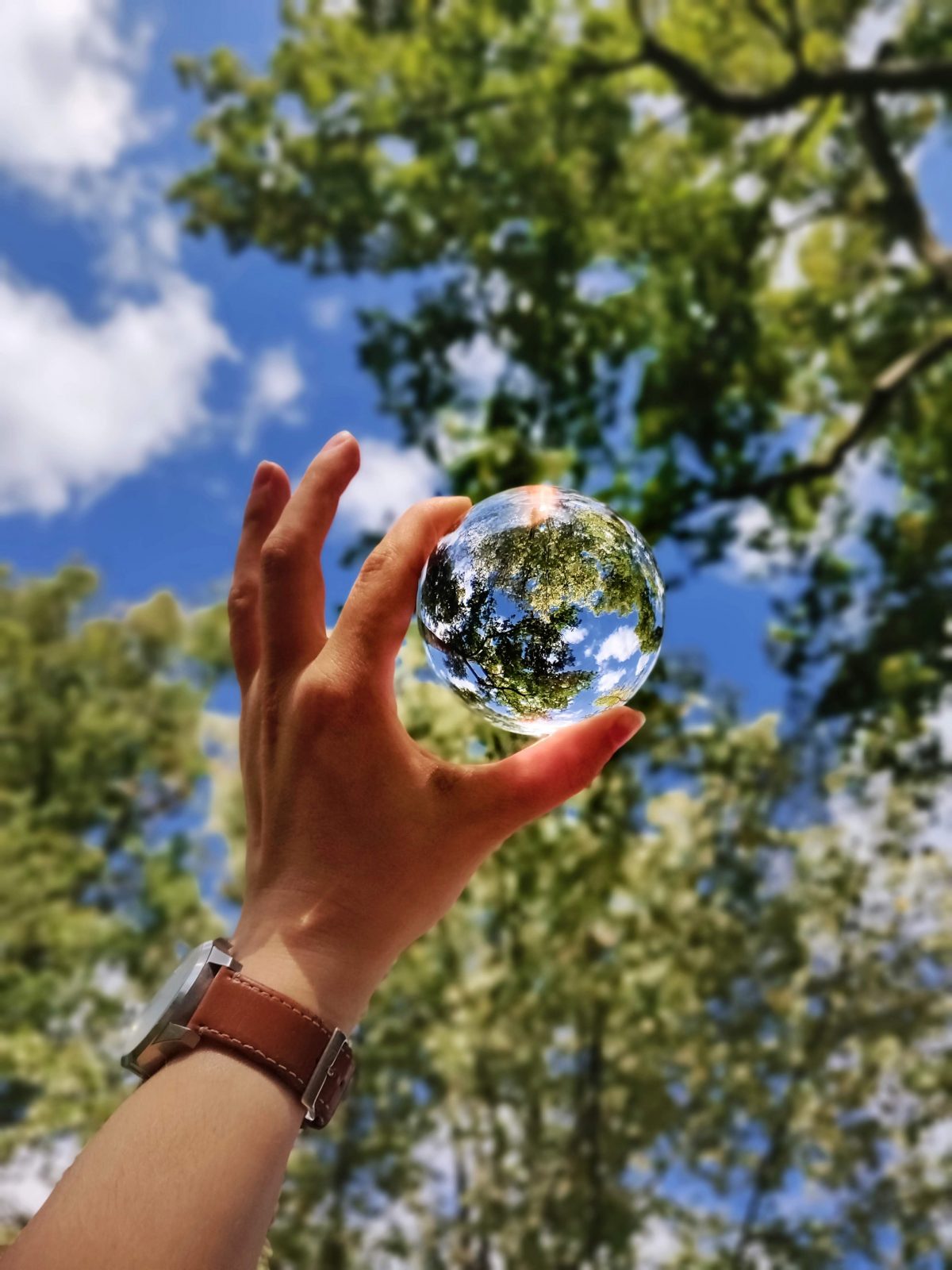January was the 'One Health' awareness month and so, we considered this an excellent opportunity to invite Professors Carlos Vasconcelos, Luísa Valente and Adriano Bordalo e Sá, members of the ICBAS 'One Health' steering group. writing their vision on the various perspectives of the concept, applied to the reality of human and animal medicine and the health of the environment.
‘One Health from a medical perspective – Human health’
Yes, we all know, when we stop to think about it, that we are not alone on the planet. But on a day-to-day basis we act as if we were. Unless… “things” impose themselves, as is the case with the COVID-19 pandemic. A microbe, the SARS-CoV-2 virus, leaves its realm and, faster than Genghis Khan, puts old and highly civilized Europe, the entire western world, indeed, everyone, paralyzed in the economy (then and the bankers so important?!), in education (virtual reality helped us…) and in tourism (so many planes stopped, so many people without work…). In short, it messed with our whole lives, the big and the small things, the small and the powerful.
How was it possible? The answer is just one, clear and obvious (how can we be so stupid?!): in our EARTH everything is interconnected, the biggest animal with the smallest microbe, the trees, the wind and the sun, me, you, the black from Africa, yellow from China, red from America, the smartest and the most uncultured, the beautiful princess and the monster, the rich and the poor, we are all connected.
Whatever each one does, the interconnected network will know, feel, adapt, e pur si muove…
We treat the world as if we were absolute owners. And, at least for now, we know we shouldn't.
This time for change is urgent. All of us, each one of us, will not be able to doubt his responsibility in this struggle for the continuation of life on Earth.
In human health, there are many attitudes that must suffer the wind of change, starting with seeing around us – not just looking! – and recognize others, living beings and the environment. And changing practices, such as the inappropriate use of antibiotics in the community and also in the hospital, generating more resistant microbial strains and stimulating, in a vicious cycle, investment in research and financial resources, which could be directed towards more useful goals
for human health .
The One Health concept raises the need for articulation between all those who can contribute to improve and, even more, prevent global health. Among health professionals, especially doctors, in the community and in hospitals, they cannot limit themselves to treating “the disease”. They have to see the patient as a whole, in which environment he lives, what he eats, what exercise he does, how he integrates into the family and society. It is necessary to understand the causes that led to the disease: was it related to food, to the water he drinks or drank, to the animals he comes into contact with, to the environment in which he develops his work, or to that trip to the ends of the world he dreamed of so much?
As a doctor for 45 years, I am in a privileged position to say: we cannot continue like this my dear colleagues! We have to be more global, more integrative and always try to understand what may be behind the disease that we diagnose and treat so well. That's not enough. For the sake of One Health, we must think and act more deeply and, above all, be interconnected with all the other actors in the HEALTH dimension. Only then will we have tomorrow for our descendants.
Carlos Vasconcelos, Specialist in Internal Medicine e Professor Catedrático convidado do ICBAS
Promoting animal and human health
Animal health has acquired an unparalleled importance. With the COVID-19 pandemic, the interconnection between human health, animal health, the environment and food safety was well evidenced.
More forgotten, however, is another daily struggle, albeit much more silent: antibiotic resistance. This is a challenge of the utmost importance to achieve the goals listed in the European Action Plan for “One Health” and in the from Farm to Fork Strategy, which led, from the beginning of this year, to the application of new rules to promote the animal health and combating antimicrobial resistance.
Limiting the use of antibiotics to situations of extreme need is a priority, and the European Union has set a target of halving it by 2030. This commitment has already started in animal production, including aquaculture, where the selection of more robust strains, as well as the adoption of better cultivation practices, including vaccination, better hygiene and adaptation of environmental conditions to the production of each species, are already a current practice. Effective strategies for disease prevention have also been developed, through the new concept of precision nutrition, where diets are rigorously and personalized to meet the nutritional requirements of each animal.
Currently, cutting-edge technologies are used (sensors, information technologies, artificial intelligence) capable of monitoring in real time the physiological state of the animal, allowing the integration of a large volume of data and converting them into fast and assertive decision-making that anticipate scenarios. The result of these good practices translates into increased production efficiency and animal welfare, minimizing the impact on the environment. On the other hand, the total control of the value chain of the agri-food sector makes it possible to guarantee the traceability of products and the food safety of the consumer.
Animal production has increasingly focused on the use of sustainable and functional diets with two objectives. On the one hand, the inclusion of supplements that offer benefits to the animal's health, which allows it to increase its resistance to challenging environmental conditions (more extreme temperatures, less water availability and more acidic waters). On the other hand, they can be deposited in muscle and/or milk, and increase the nutritional value of these products.
Consumers' concerns about the nutritional value of food are increasing. The search for products with specific claims such as “source of selenium” or “rich in omega-3” is a global trend, to which animal production has, through new formulas, aimed at different age groups (children and elderly), or health conditions.
Therefore, foods rich in omega-3, iodine and selenium, iron and other minerals can be found today, which, unlike the inorganic solutions available in pharmacies, are easily assimilated, and therefore better used by our body and healthier. Food supplements in animal production will thus be a growing trend, which will help to mitigate the challenges associated with climate change and contribute to the production of healthy and safe food.
Finally, I would like to mention the impact of our food choices on the environment. Portugal is a country with a deficit in the production of most of the agricultural products it consumes, including meat, fruits, cereals (except rice), pulses and oilseeds. In other words, we have to import these products. Transport remains a significant source of air pollution, harming the environment and human health. Choosing local and sustainable products should be an individual responsibility and a contribution to a healthier planet.
Luísa M.P. Valente, Associate Professor at ICBAS
The Environment in the One Health concept
The Biosphere is the thin layer of our Planet where life has existed for 4 billion years. Since then, living beings have experienced periods of strong development, interspersed with others of overwhelming extinctions. The Homo sapiens sapiens cames to shuffle natural processes, the result of the enormous pressure exerted on the environment, now on a global scale. From a balanced survival in the past, we moved to a direct intervention, where different interests prevail, including economic ones, as the anthropocentric vision of the Planet was consolidated.
The idea of sustainable development emerged in 1987, by the hand of the United Nations, in view of the escalation of human action on the environment. Today, more than a piece of rhetoric, it is imperative to satisfy the present needs of a changing world, without jeopardizing the legacy and needs of future generations.
Nowadays, we have the perception that everything is interconnected. If, on the one hand, our activity affects the Environment, it continues to affect Man, since the degradation of the Biosphere has, inexorably, dramatic effects on human, animal and plant health.
This vision is clearly expressed in the One Health concept, in which the health of the Environment is one of the key components and, increasingly, placed on the agenda.
Adriano A. Bordalo e Sá, Director of the Department of Population Studies at ICBAS
